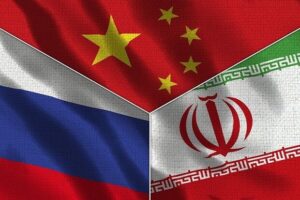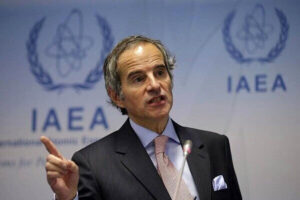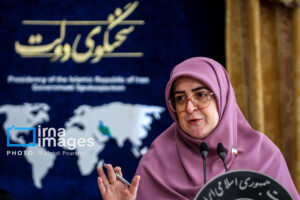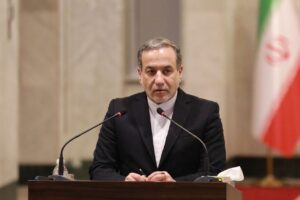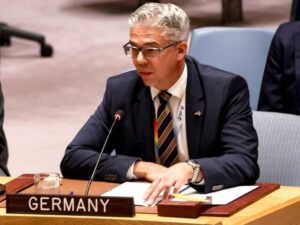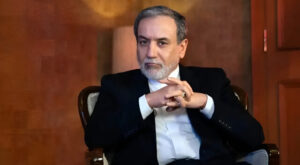Speaking at a ceremony in Tehran on Tuesday, Aref emphasized that the Iranian government had issued ultimatums in 2016 and 2017, warning that if the Joint Comprehensive Plan of Action (JCPOA) was not implemented, Iran would also cease to fulfill its commitments.
Aref said that as of October 18, Iran’s file at the International Atomic Energy Agency (IAEA) should be considered a normal case, as the Islamic Republic does not possess nuclear weapons. Iran should be treated like other countries that do not have nuclear arms, he noted, adding that this perspective is shared by two permanent members of the UN Security Council (Russia and China) and several other member states.
The vice president expressed confidence regarding potential actions stemming from the snapback mechanism, stating that Iran is not concerned about any measures they might take, as it has already surpassed the conditions for circumventing sanctions. He further said that although sanctions have their repercussions, Iran implements internal measures to mitigate their effects.
Moreover, Aref highlighted the need for advancements in modern technologies, noting that Iran has made significant progress in recent months.
He reiterated the importance of prioritizing advanced technologies, particularly in artificial intelligence, stating that Leader of the Islamic Revolution Ayatollah Seyyed Ali Khamenei has emphasized that the Islamic Republic should be among the top ten countries in the world in this field. With effective national collaboration and without redundancy, Iran can achieve this goal and even surpass it, he hoped.

